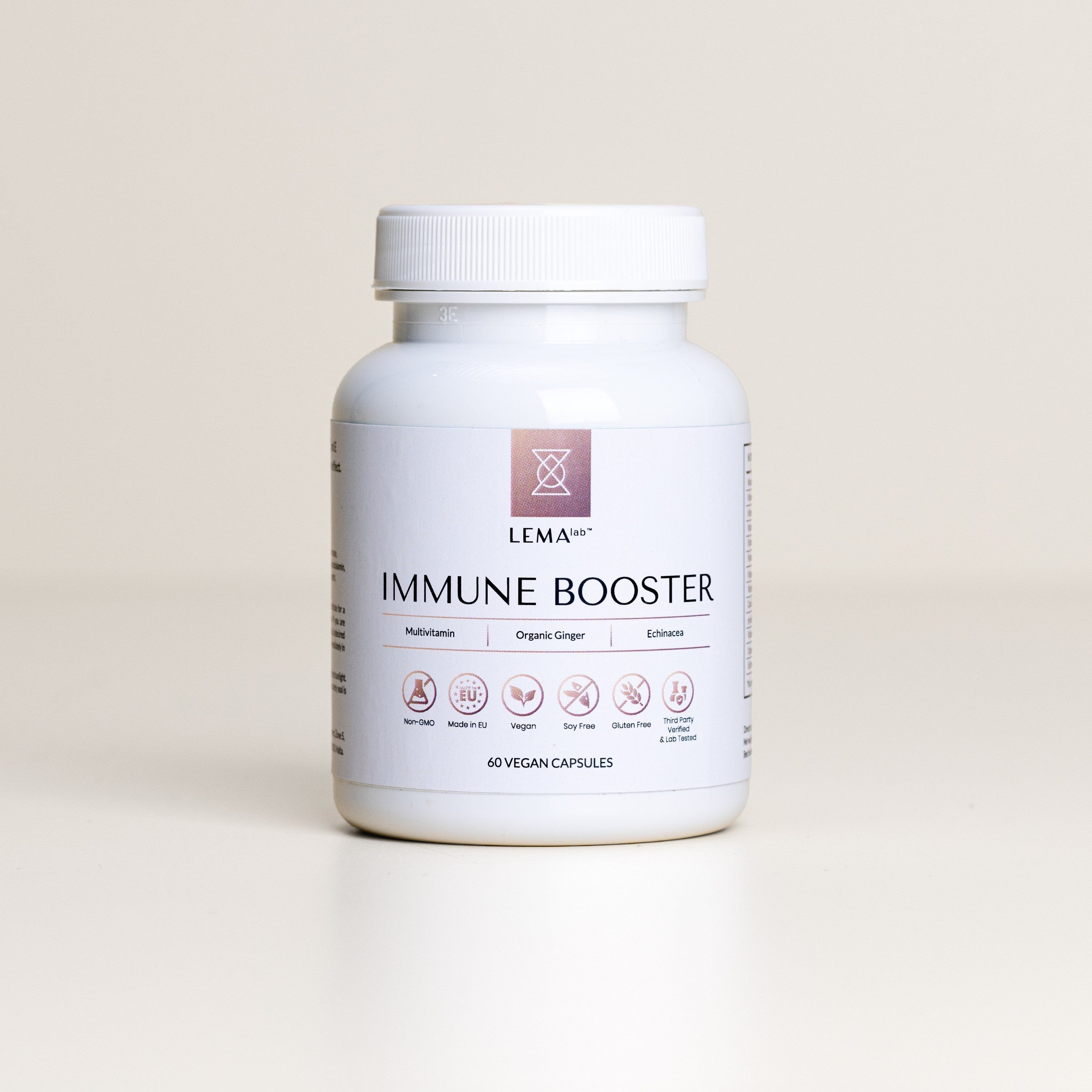
DECODING MICROBIOTA AND MICROBIOME: EXPLORING COLLAGEN'S IMPACT ON GUT HEALTH AND BEYOND
The term microbiome refers to the totality of the microbial ecosystems within and on the human body, including both organisms, their genes, associated functions and secreted products [5].
In essence, microbiota is the actual community of microorganisms, while the microbiome encompasses the genetic material and functional capabilities of those microorganisms. This article will explore the proposed link between collagen supplementation and microbiome composition and what that potentially means for our health.

FUNCTIONS OF THE MICROBIOME
The microorganisms living in the human body play a crucial role and influence a variety of essential functions of the body, such as nutrient absorption and the regulation of the immune system. This means that the microbiome helps to maintain the integrity of the gut lining and reduces the risk of allergies, infections and even chronic illnesses like obesity and diabetes [6,7].
For example, bacteria release short-chain fatty acids (SCFA) by utilising indigestible dietary fibres. SCFAs are an important energy source for the intestinal lining and are needed to regulate immune responses [7].

CAN COLLAGEN AFFECT THE COMPOSITION OF THE GUT MICROBIOTA?
Studies have shown that collagen supplementation increases the presence of beneficial bacteria in the gastrointestinal tract. A study investigating the impact of consuming collagen peptides on digestive disorders found an improvement in patients who experienced floating stools associated with nutrient malabsorption. One possible explanation mentioned in the study was a shift in the microbiome composition because of the increased protein load. The same mechanism could be involved in improving many more digestive disorders, such as bloating, constipation and acid reflux [1].
Collagen is made up of amino acids used by the gut microbiota for protein synthesis and metabolic needs. Hence, recent findings suggest that dietary amino acids—found in collagen peptides—might regulate the gut microbiota composition [2].
FLEXIBLE collagen supports gut health by providing the right amino acids. FLEXIBLE also contains Bromelain—a natural digestive enzyme found in pineapples— as a complementary ingredient that works specifically for digestive health. Furthermore, FLEXIBLE by LEMAlab contains glycine, known for its ability to prevent harmful gastric secretions in the stomach lining. For further details about the link between digestion and collagen supplementation, you can read the article DOES COLLAGEN IMPROVE DIGESTION? We also suggest reading FLEXIBILITY SUPPLEMENT BENEFITS for a deeper understanding of the overall health benefits of collagen.

MICROBIOTA AND MENTAL HEALTH: THE GUT-BRAIN AXIS
Several substances secreted in the gastrointestinal system send signals to our brain and influence its functioning. This link between the central nervous system and gut microbiota is referred to as the gut-brain axis (GBA). Studies have recently focused on how variations in the microbiome can affect various psychological conditions, like anxiety, depression, schizophrenia, and autism, stating that a healthy gut could influence your mental health [4].

MICROBIOTA AND JOINT HEALTH
Dysbiosis, defined as the disrupted balance of a microbial community, can raise the proportion of a type of bacteria in the gut that may contribute to an elevated production of substances named "lipopolysaccharide" (LPS). LPS is known to be pro-inflammatory and particularly high in osteoarthritis patients [3].
Studies have noticed that some bacterial species are predominant in patients with osteoarthritis who obtain better outcomes. In contrast, other pro-inflammatory species are elevated patients without such luck. This comparison shows how maintaining a balanced and healthy microbiome can impact different conditions and why it is important to include quality, nutritious foods that promote good gut health. You may refer to our article PAIN-FREE DIET for additional dietary guidance [5].

FINAL THOUGHTS
Current research suggests that collagen could promote beneficial shifts in the microbiome, helping to promote the proper functioning of the digestive, immune and nervous systems. A balanced diet and healthy lifestyle are also key to ensuring a strong immune system and optimal functioning of all body systems.














Leave a comment
This site is protected by hCaptcha and the hCaptcha Privacy Policy and Terms of Service apply.